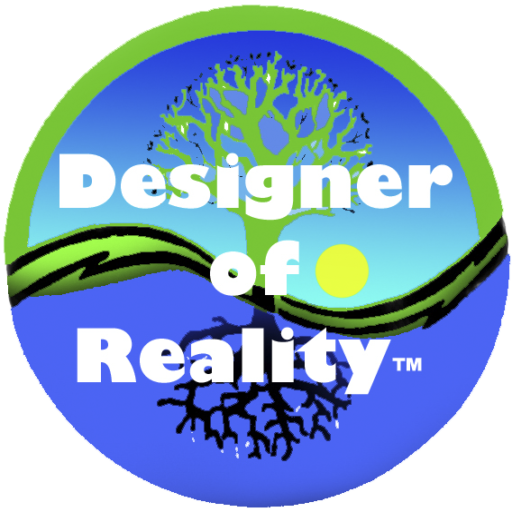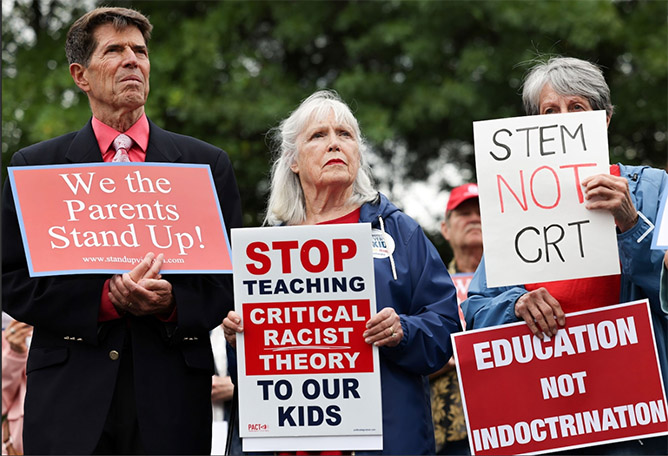What is the danger in the suppression of critical race theory?
Critical race theory (CRT) is an academic framework that examines how systemic racism and other forms of oppression have influenced American laws and institutions. There are ongoing debates around the teaching of CRT in schools and the potential dangers of its suppression. Here are some reasons why the suppression of critical race theory could be dangerous:
- Limiting free speech: The suppression of CRT can be seen as limiting free speech, as it discourages open and honest discussions about important societal issues. This can stifle debate and make it difficult to address and solve complex problems related to racism and oppression.
- Erasing history: CRT encourages the examination of the impact of racism and oppression on American history and institutions. By suppressing CRT, there is a risk of erasing important historical facts and perspectives, which can distort our understanding of the past and hinder progress toward a more equitable future.
- Perpetuating systemic oppression: By ignoring or denying the existence of systemic racism and other forms of oppression, there is a risk of perpetuating these systems of inequality. CRT provides a framework for understanding and addressing these issues, and suppressing it can make it more difficult to identify and address these problems.
- Creating a culture of fear: The suppression of CRT can create a culture of fear and self-censorship, where educators and students are afraid to discuss issues related to race and oppression. This can create an environment where students feel uncomfortable expressing their views or asking questions, hindering their education and growth.
In conclusion, the suppression of critical race theory can be dangerous as it can limit free speech, erase history, perpetuate systemic oppression, and create a culture of fear. It is important to have open and honest discussions about these issues in order to create a more equitable and just society.
Why are people are so afraid of critical race theory being taught in schools and in society in general?
Critical race theory is an academic discipline that examines how race and racism intersect with law and society. Some opponents of CRT argue that it promotes a divisive and harmful view of the world by emphasizing differences among racial groups and by blaming all social problems on white people. They also claim that it teaches children to see themselves as victims or oppressors based on their race, which could lead to a sense of guilt or shame among white students.
Additionally, some people are concerned that CRT is being used to advance a political agenda and to indoctrinate students with a specific ideology. They argue that teachers should be focusing on academic subjects rather than on social issues, and that discussions of race and racism should be left to parents and families.
On the other hand, supporters of CRT argue that it is a valuable tool for understanding the ways in which race and racism continue to shape our society and that it can help promote greater social justice and equality. They argue that teaching children about racism and discrimination can help create a more inclusive and equitable society and that ignoring these issues only perpetuates them.
It’s important to note that the debate over CRT is complex, and there are a range of perspectives on the topic. Ultimately, the decision to teach CRT in schools will depend on a variety of factors, including local educational policies, curriculum standards, and community values.






Recent Comments